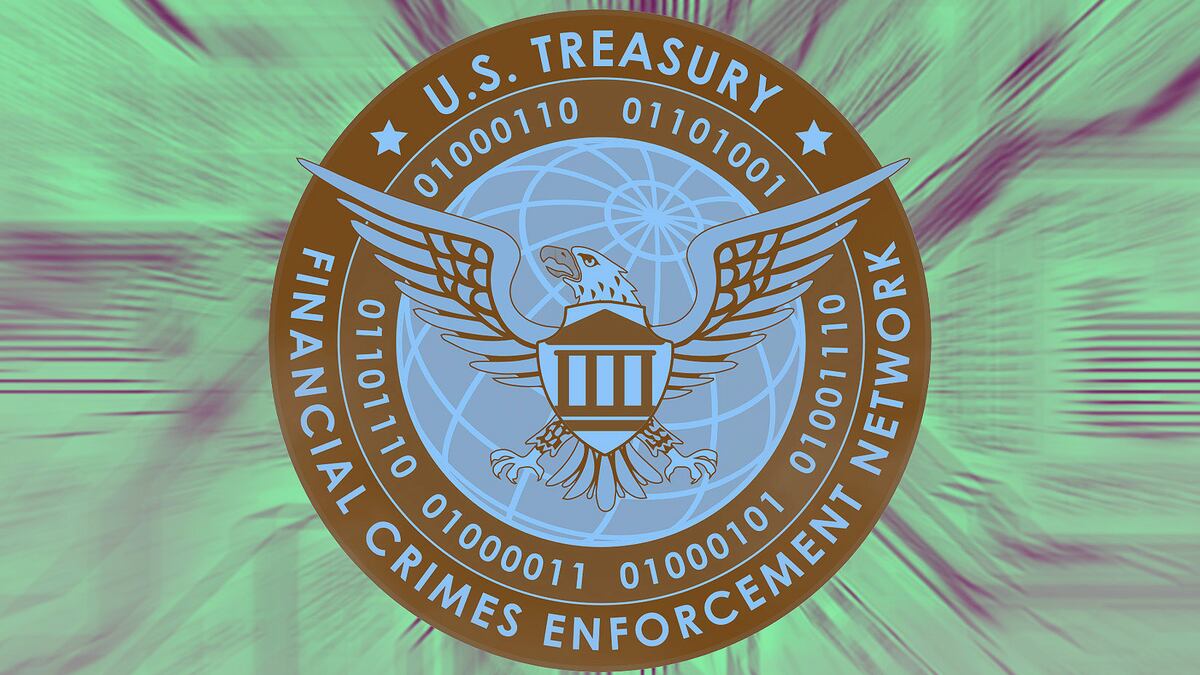- FinCEN called crypto mixers a “primary money laundering concern” and an “acute” national security threat.
- The agency said mixers were being used by Hamas, North Korea, Palestinian Jihad, and illicit darknet markets.
- It seeks to implement new rules for financial institutions dealing with clients involved with currency mixers.
Calling cryptocurrency mixers an “acute” national security threat, the US Department of the Treasury’s Financial Crimes Enforcement Network (FinCEN) proposed new regulations to restrict their use on Thursday.
The agency published an 80-page proposal arguing that US financial institutions should “implement certain recordkeeping and reporting requirements” on transactions linked to convertible virtual currency [CVC] mixing.
FinCEN claimed CVC mixing posed a “primary money laundering concern” due to their use by Hamas, the Democratic People’s Republic of Korea, Palestinian Islamic Jihad, Russian-associated ransomware attacks, and illicit darknet markets.
“CVC mixing offers a critical service that allows players in the ransomware ecosystem, rogue state actors, and other criminals to fund their unlawful activities and obfuscate the flow of ill-gotten gains,” said FinCEN director Andrea Gacki in a press release.
“Increasing transparency in connection with this activity is a key component to denying illicit actors access to the US and global financial systems,” according to the press release.
CVC mixers allow users to blend their cryptocurrency transactions with others, therefore obfuscating their transaction history.
In August 2022, the Office of Foreign Assets Control placed Ethereum-based mixer Tornado Cash on its sanctions list, arguing that the protocol was being used by North Korean state-sponsored cybercriminal syndicate Lazarus Group.
OFAC also took action against mixing protocol Blender in February 2022.
What’s next?
FinCEN’s new proposal is open for comments for 90 days, which should lead to “lots of discussion” in the coming weeks, Ari Redbord, head of legal and government affairs at forensic blockchain firm TRM Labs, told DL News.
“Unlike economic sanctions which are punitive and meant to cut off specific persons or entities, 311 actions are regulatory in nature and meant to require enhanced due diligence on US financial institutions engaging with this class of transactions,” said Redbord.
According to the Treasury website, section 311 of the Patriot Act provides the department with a “powerful and flexible regulatory tool to take actions to protect the US financial system from specific threats” such as money laundering and terrorist financing risks.
“FinCEN encourages comments on all aspects of the rule, including whether FinCEN is adequately covering CVC mixing activity, whether the recordkeeping requirements are appropriate to meet the objectives of the rule, and how this will impact legitimate uses of CVC mixing,” a FinCEN spokesperson told DL News.
Under FinCEN’s proposal, US financial institutions would have to implement special measures to increase CVC mixing transparency, which could range from enhanced recordkeeping requirements to prohibitions on maintaining accounts involved in crypto mixing.
Blockchain analysis firm Chainalysis released a report on Wednesday stating that, while Hamas, Hezbollah, and the Palestinian Islamic Jihad had indeed used cryptocurrencies for financing in the past, “overstated metrics and flawed analyses” were leading to “misconceptions” about the role of crypto in terrorist financing.
Tom Carreras is a Markets Correspondent at DL News. Got a tip? Reach out to him at tcarreras@dlnews.com
